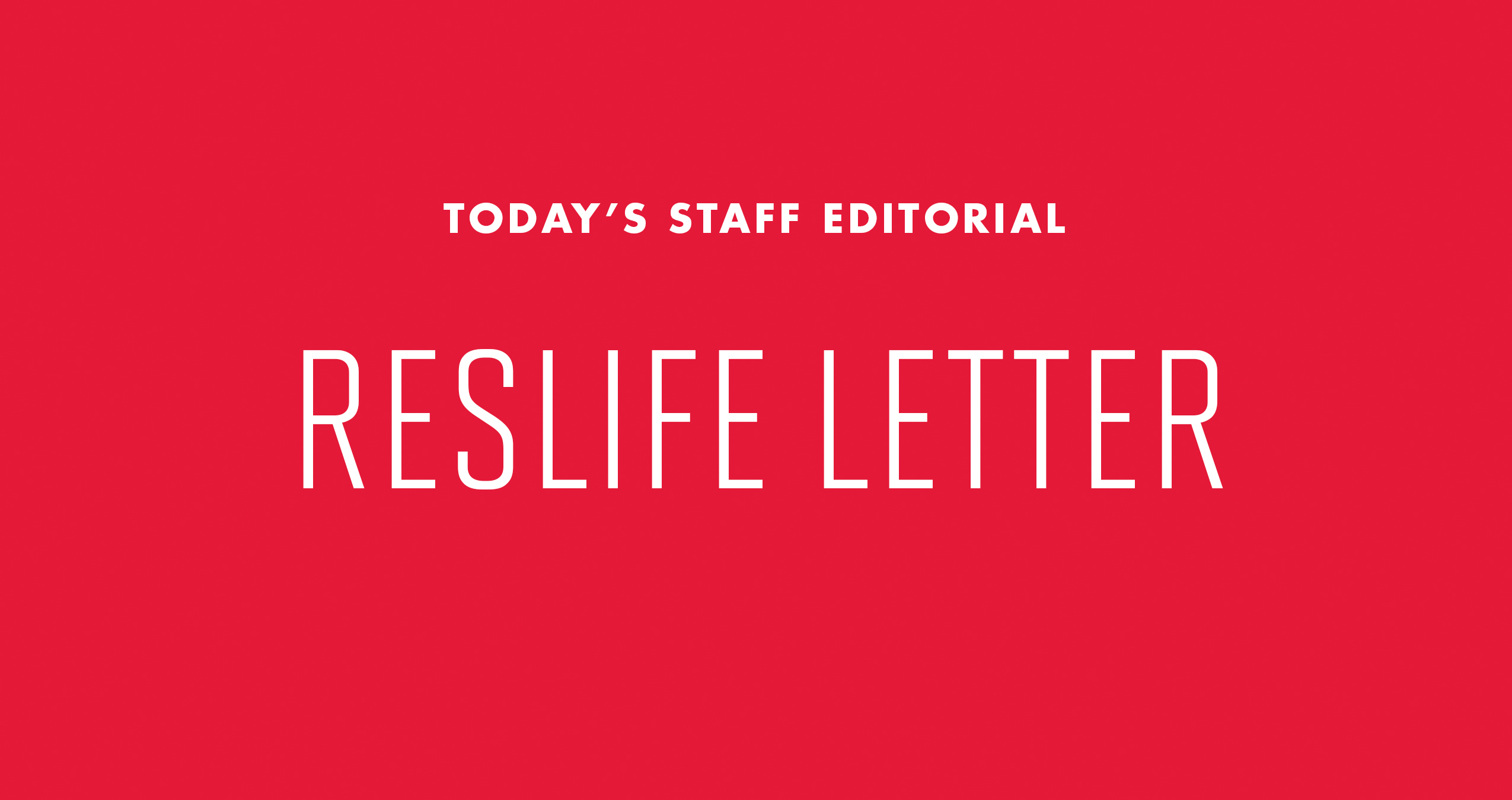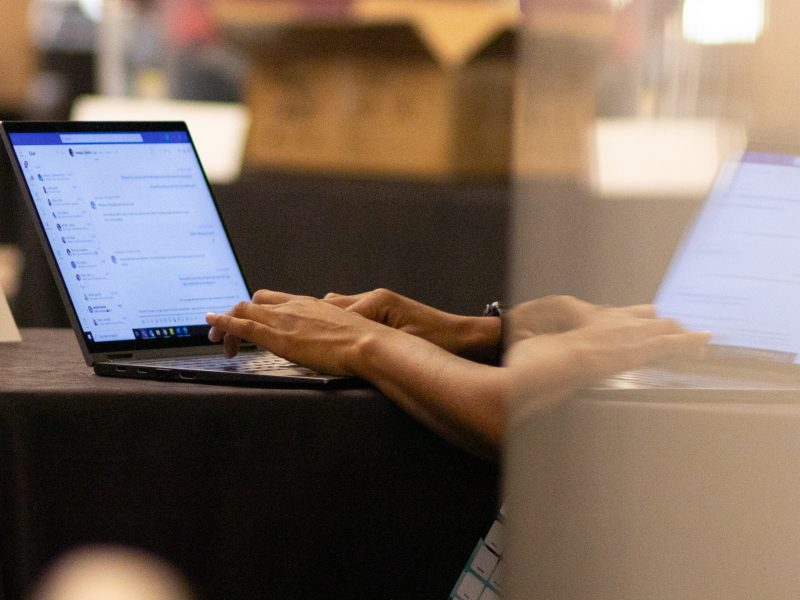The Department of Resident Life’s bungling of a hospitalization last week has revealed that the University of Maryland’s failure to serve students’ mental health extends far beyond an understaffed Counseling Center. As university officials claim they’re here for students in crisis, stigma continues to pervade different levels of university bureaucracy.
Early Thursday morning, a student called 911 and was taken to the hospital after having a panic attack and taking a prescribed muscle relaxer. She was cleared by hospital staff and discharged, but not before she received a letter from a Resident Life community director expressing “concerns about [her] ability to successfully manage living in a residence hall.”
Before being allowed to return to her on-campus apartment, the letter explained, she would have to be cleared by a Resident Life case manager and a university psychiatrist.
A spokesperson for the department said the letter is sent to all students hospitalized for mental health reasons, and is “really coming from a place of care and support for the students and their well-being.”
This editorial board struggles to see how making recently hospitalized students functionally homeless serves anyone’s well-being. Students who seek medical attention for their mental health needs are doing the right thing, and they deserve stability in their university accommodations. By preventing already vulnerable students from returning to their housing, Resident Life creates unnecessary pain and dissuades other students from getting help.
That this letter is part of university protocol makes the story even more disturbing. This incident isn’t the fault of one Resident Life employee — it’s systemic. It falsely conveys that students with mental illness are a threat and should be kept at arm’s length. It’s the textbook definition of stigmatization.
Resident Life should never send this letter again, and the officials responsible for this protocol must be held accountable. The department must work urgently to breathe some basic humanity into how it approaches mental illness.
Repairing this harm and making the university safe for people with mental illness requires sustained effort from the entire community. Too often, offices like the Counseling Center that are tasked with serving students’ mental health needs are regarded as though they’re the only entities that must do so. And although the Counseling Center requires serious reform, that alone won’t ensure the well-being of students with mental illness.
This editorial board urges employees in every department and at every level — from President Wallace Loh, who has yet to comment on the incident, to the university’s most junior workers — to eradicate mental illness stigma in their work, and to treat all students with empathy rather than callousness. Absent that, this university cannot seriously call itself a home.



